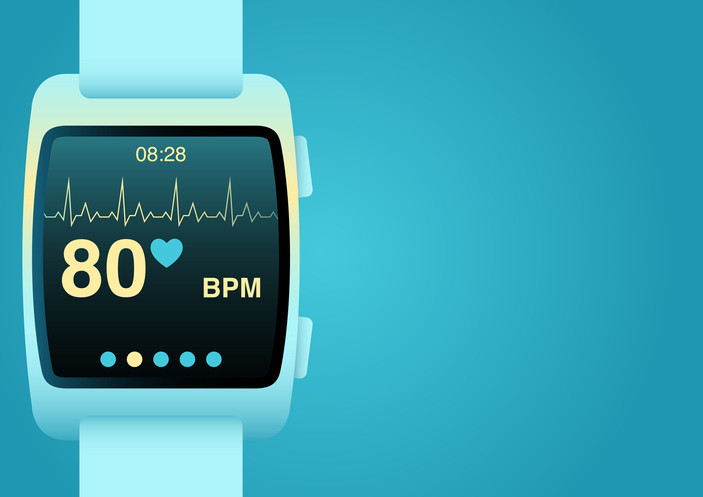
Mastitis: What to do when your breasts are painfully inflamed

How — and why — to fit more fiber and fermented food into your meals

UTI in older women: Why postmenopausal women are susceptible to urinary tract infection, and what to do about it

Can a routine vaccine prevent dementia?

Some adults may need a measles booster shot. Who should get one and why?

Less butter, more plant oils, longer life?

Healthier planet, healthier people

Counting steps is good — is combining steps and heart rate better?

Appendix pain: Could it be appendicitis?

Can saw palmetto treat an enlarged prostate?
Heart Health Archive
Articles
How stimulants may affect your heart
Stimulant medications, which are usually prescribed to treat attention deficit disorder in children, are being prescribed increasingly to older adults. These drugs may cause a short-term spike in the risk of heart-related problems, including heart attacks, strokes, and arrhythmias. Dietary supplements that promise weight loss or better physical or mental performance may contain prohibited, unlisted, and potentially dangerous stimulants.
Is broken heart syndrome becoming more common?
Broken heart syndrome—an uncommon condition linked to severe emotional or physical stress that occurs mostly in women—may be more common than previously thought. The increase in diagnoses may reflect heightened awareness of all forms of heart disease in women. The condition may result from the surge of adrenaline that affects the heart's muscle cells and blood vessels, causing the heart's left ventricle to temporarily change shape. The heart resembles a Japanese clay pot used to trap an octopus, called a tako-tsubo, which is why broken heart syndrome was originally dubbed takotsubo cardiomyopathy.
How physical activity keeps your heart in good shape
Moderate-to-vigorous exercise appears to be the best way to boost cardiorespiratory fitness (CRF), which quantifies how well the heart and lungs supply oxygen to the muscles during physical activity. Higher CRF during midlife is linked to a lower risk of conditions closely tied to heart disease (including early signs of atherosclerosis, high blood pressure, and diabetes) later in life.
Abdominal aneurysms: Uncommon but potentially dangerous
Up to 7% of people ages 50 and older (mostly male smokers) have abdominal aortic aneurysms (AAAs). In rare cases, these balloon-like pouches can expand and rupture with little warning, which can be life-threatening. Medicare covers screening tests for AAA for men ages 65 to 75 who have smoked at least 100 cigarettes in their lives and for anyone with a family history of AAA.
Nitrates in food and medicine: What's the story?
Nitrates are added to processed meats (such as bacon, ham, and deli meats) and are found naturally in leafy green vegetables (such as spinach and kale). But it's not clear how crucial these molecules are compared with other components of those foods, as dietary nitrate levels don't appear to affect heart disease risk. However, nitrate-based drugs are used to treat angina, a common symptom of coronary artery disease.
Meal of the month: Baked salmon, farro, and colorful vegetables
When the doctor becomes the patient: A transformative experience
A doctor's serious health threat prompts reflection on the power of spirituality, the value of mindfulness practice, and acknowledgment of mortality as a motivator to reassess one's priorities.
Harvard Health Ad Watch: How helpful are pulse monitors and home ECGs?
Ads for consumer health monitoring devices make it seem like having ready and regular access to heart rate, heart rhythm, and electrocardiogram data is something everyone needs. While it may help some people with existing heart conditions, how about for an average person without such a concern?
Coffee and your blood pressure

Mastitis: What to do when your breasts are painfully inflamed

How — and why — to fit more fiber and fermented food into your meals

UTI in older women: Why postmenopausal women are susceptible to urinary tract infection, and what to do about it

Can a routine vaccine prevent dementia?

Some adults may need a measles booster shot. Who should get one and why?

Less butter, more plant oils, longer life?

Healthier planet, healthier people

Counting steps is good — is combining steps and heart rate better?

Appendix pain: Could it be appendicitis?

Can saw palmetto treat an enlarged prostate?
Free Healthbeat Signup
Get the latest in health news delivered to your inbox!
Sign Up











